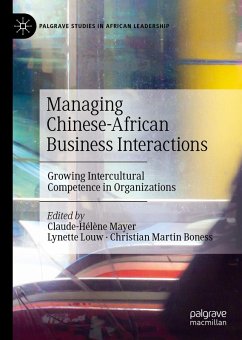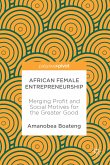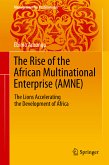This book provides deep insights into intercultural collaboration among business partners, employees, managers, and entrepreneurs in Chinese-African professional interactions. It presents cultural and theoretical knowledge on Chinese and African management, leadership, and philosophy. Chinese and African scholars and professionals share their insights into how to address intercultural management challenges proactively and successfully. The cases provide insights into a wide variety of industries and offer actual scenarios studied in governmental, parastatal, and private Chinese-owned organizations in twelve African countries. This book will benefit a broad readership including scholars in employment relations and business management as well as African and Chinese collaborators in academia, government, NGOs and industry.
Dieser Download kann aus rechtlichen Gründen nur mit Rechnungsadresse in A, B, BG, CY, CZ, D, DK, EW, E, FIN, F, GR, HR, H, IRL, I, LT, L, LR, M, NL, PL, P, R, S, SLO, SK ausgeliefert werden.
Hinweis: Dieser Artikel kann nur an eine deutsche Lieferadresse ausgeliefert werden.









